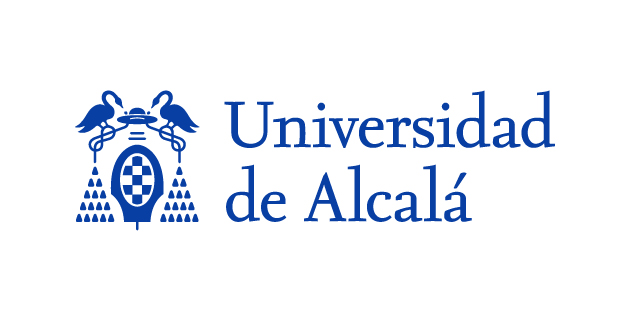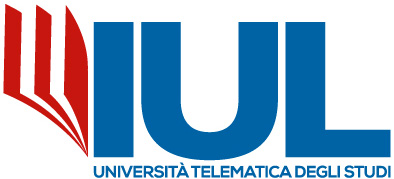
The DICE project addresses two major challenges faced by universities today: the digital transformation and the Third Mission of higher education.
DICE brings together universities and organizations from 5 European countries to support academic staff in creating digital, impact-driven courses that engage with communities online.
Digital Accelerator platform
The Social relevance
University Educators
Course Directors
(university leaders and leaders of academic units) are the ones who are challenged with the task of enabling their educators to design digital CE courses.
DICE will support department and university leaders by:
Students
as the main, but indirect, beneficiaries of the project results. Students are in need to develop 21st century skills to become more employable. Moreover, they need to engage more directly with society for them to contribute to its
development.
As result of the project implementation, students will:
Local Communities
are an indirect beneficiary.
While students and universities improve their engagement activities, communities will have the opportunity to get closer to universities and to work jointly to respond to societal needs.




